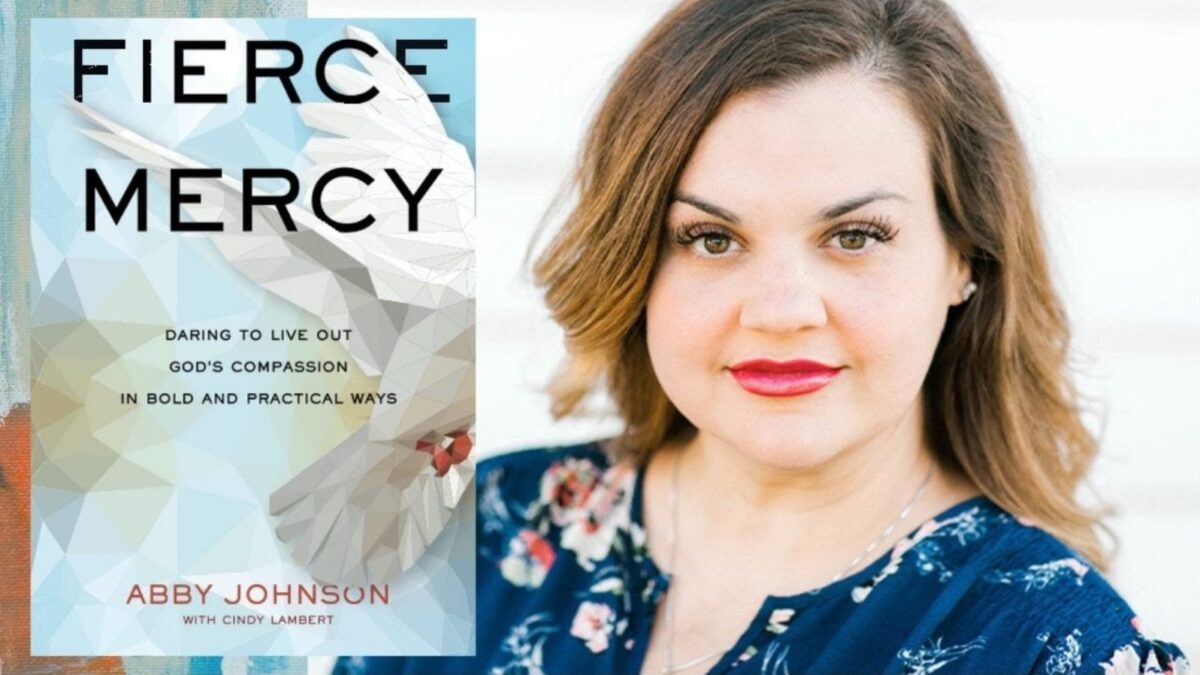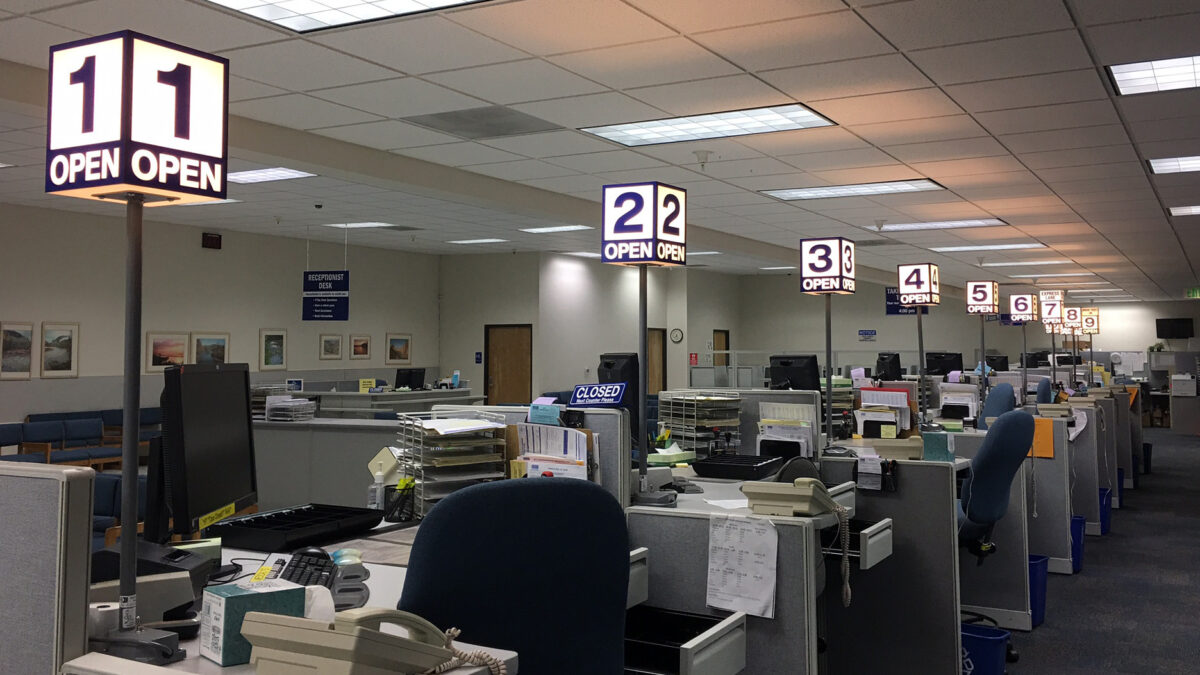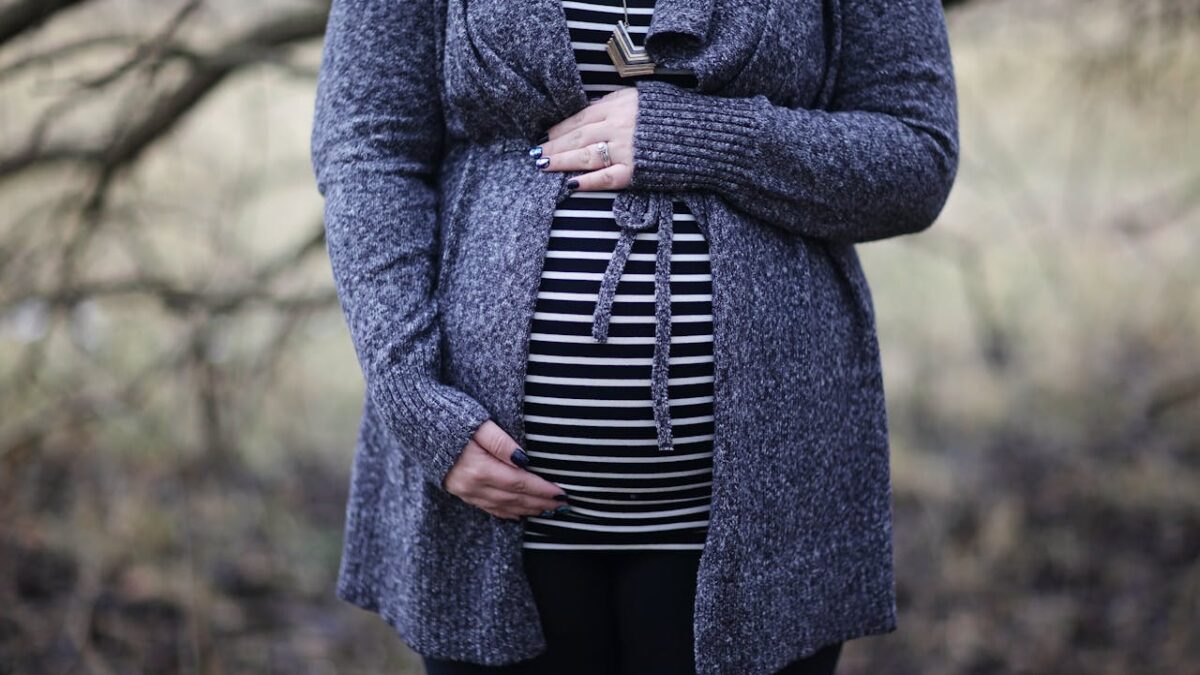Editor’s Note: Sexytime is a new feature at The Federalist where resident sex experts Rich Cromwell and Mollie Hemingway answer real reader questions.
“My husband and I are in our early 30s, don’t have children, and aren’t sure if we want to have any. We were musicians in our 20s and have only now gotten our careers off the ground. Having children would stop me, although probably not him, dead in my tracks career-wise. Will we regret not having kids? It doesn’t seem fair that I should have to sacrifice my career to have kids, but that’s essentially the choice we’re facing.”
— Angsty On The A-Line
RICH: First, congratulations on your new lot in life. Sure, being musicians meant you were living the dream—the performances, the spotlights, the creativity. But it also meant dealing with noise, keeping odd hours, serving other people food, and trying to get stains out of your clothes. Which is pretty much what it’s like to be a parent. When it comes to the care and raising of kids, you’re ahead of the curve. Except you’re not sure you want them.
You’re also now immersed in a real career, one with the potential for promotions and raises. One that doesn’t require you to remember ingredients for the daily special. So while your previous life more than prepared you for kids, your current gig promises much more upward mobility than you experienced while being a waiter, err, musician. And as a woman, especially as a woman, a kid could have an adverse effect on that upward mobility. In fact, it could alter the trajectory altogether.
But not always. Though society tends to glom onto the outlier examples—the Marissa Meyers who can afford to direct the CFO to find room in the budget in order to add a nursery to the office—they are not the only mothers who manage to remain upwardly mobile after reproducing. Back in the regular world, there are many more examples of mothers who stayed upwardly mobile after producing a young ‘un or three. I, for example, sleep next to one. But though she was a career-oriented woman who managed to attain a VP title after becoming a mother, she’d rather be at home these days. We’re just not ready to get divorced in order to make that happen.
In other words, don’t assume that the kids are the only reason the career arc changes. It could be that the women make different choices, ones chosen not because they help career growth, but because they offer the flexibility to help those seedlings grow. I know, I sleep next to one who’s done just that. So should you have kids and risk damaging your career? Yes! Sacrifice requires life. Perhaps you’ll sacrifice your career, perhaps you’ll sacrifice sleep, perhaps you’ll find small sacrifices from a number of sources. Regardless, those little ones have a way of making you figure out to how make things work. And as a friend once told me, “You may regret not having them, but you’ll never regret having them.”
MOLLIE:
Back in 2003, Salon ran a series called “To breed or not to breed,” in which essayists responded to a reader struggling with the personal cost of giving up her salary to have children. The first entry was from Michelle Goldberg, who gently derided people who suggested she’d regret her decision not to have children with her husband.
Someone asked her to write a follow-up to her childless views last year and she couldn’t. Her son had just turned a year old. She wrote a new essay on becoming a mother and how everything she feared about it turned out to be not a huge deal and that she is blissfully happy.
That’s just one woman’s well-written story. But apart from the fact that I always wanted children, the essay resonated with me. I think in part because both Goldberg and I prepared for a dramatic change in our lives at the arrival of children, we ended up having a much better time with it than if we’d walked into it blindly. She says her first year as a mother was the best of her life. I’d say the same.
So the fact that you’re all angsty about this is actually a good sign. You’re not walking into this blind and you’ll be so much better prepared for those crazy first few months should you welcome a bundle of joy.
As for your contention that your career would stop dead in its tracks, I wouldn’t be so sure. Both my husband and I noticed that our careers kind of took off when we had children. His more immediately than mine, because I chose to leave full-time work for a few years. (And there’s no reason after the first few months of recovery/nursing/etc. that the parent who spends most time with the child has to be the female, you should keep in mind. Although there’s also truth to the fact that we tend to be well suited to the task and gain quite a bit of enjoyment from it.) But there’s just something about being a parent that makes a certain type of person just work more efficiently and with greater purpose. You also gain new perspectives that can help you with management, teamwork, drive, and ambition. Just like the 2003 version of Michelle Goldberg, we can be really bad at predicting how our future selves will react to new inputs.
Anyway, I can’t answer your question about regret, but the fact that you’re even thinking about it might be a good sign to stop taking whatever steps you’re taking to prevent children. Which brings me to my last point. And it’s a two-parter. We think we can control our fertility, but we really don’t. You and your husband could stop using contraception and find that it’s not nearly as easy to have children as you thought. So keep that in mind. Secondly, the natural result of getting busy with your husband is to get pregnant. This is a feature, not bug, of intimacy. It’s how we all got here, and there’s a real beauty to just letting go and embracing the mystery of it all. When my husband and I got married, we put literally zero thought into having kids. We didn’t plan for or against them. We just had sex. And we had kids. And we didn’t have to agonize over it. So maybe don’t make a decision so much as just have sex and see what happens.









